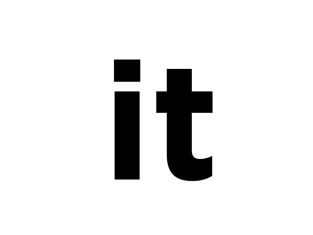by PushtoLearn
Which of the following statements [are] or [is] true?
Table of Contents
Explanation
"Is" is used because the subject of the sentence is "which", referring to a singular correct statement among a list of possible statements.
Even though there are multiple statements, you're asking about the truth of one specific statement.
If you were asking about more than one true statement, you would use:
"Which of the following statements are true?"
This question implies that more than one statement could be true.
Summary
⭐ Use "is" when referring to a single correct statement.
⭐ Use "are" when referring to multiple correct statements.
![Illustration of Which of the following statements [are] or [is] true?](/userdata/images/cache/0/0/2/666x302/true_stement.webp)
Examples
Singular Statement (Use "is"):
➡️ Question: Which of the following statements is true?
➡️ Answer: Statement A is true.
Explanation: You are asking which single statement out of a group is true. Therefore, "is" matches the singular subject "which."
Multiple Statements (Use "are"):
➡️ Question: Which of the following statements are true?
➡️ Answer: Statements B and C are true.
Explanation: You are asking which multiple statements out of a group are true. Therefore, "are" matches the plural subject "which."
Quiz Context:
➡️ Singular: Which of the following statements is correct?
➡️ Answer: Only Statement 2 is correct.
➡️ Plural: Which of the following statements are correct?
➡️ Answer: Statements 1, 3, and 4 are correct.
Survey or Test Context:
➡️ Singular: Which of the following statements is most accurate?
➡️ Answer: Statement D is most accurate.
➡️ Plural: Which of the following statements are most accurate?
➡️ Answer: Statements A and E are most accurate.
FAQ
How do I know when to use "is" or "are" in questions like these?
Use "is" when referring to a singular subject (one true statement) and "are" when referring to a plural subject (multiple true statements).
Can I use "is" when I expect more than one statement to be true?
No, if you expect more than one statement to be true, you should use "are." "Is" should only be used when asking about a single true statement.
What if I’m not sure how many statements are true?
The number of true statements doesn’t change the grammar. Decide whether you’re asking about one or more statements before choosing "is" or "are."
Does this rule apply to other similar questions?
Yes, this rule applies to any question where you're asking about the truth or correctness of one or more items in a list. For example, “Which of these answers is correct?” or “Which of these options are available?”
How do I apply this rule in writing test questions or surveys?
Be clear about whether you’re asking for one correct answer or multiple. Use "is" for one correct answer and "are" for multiple correct answers to avoid confusion.

